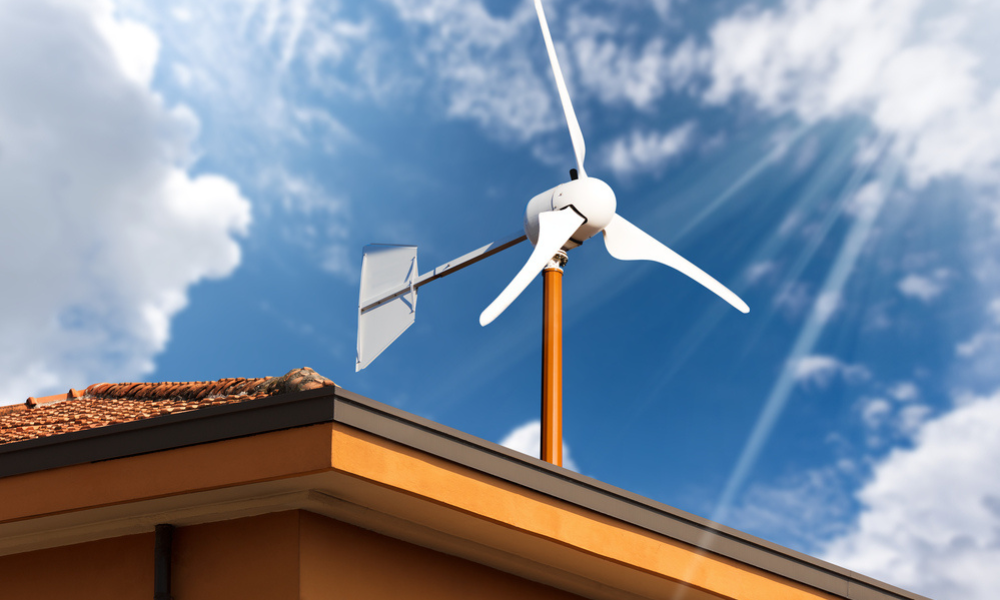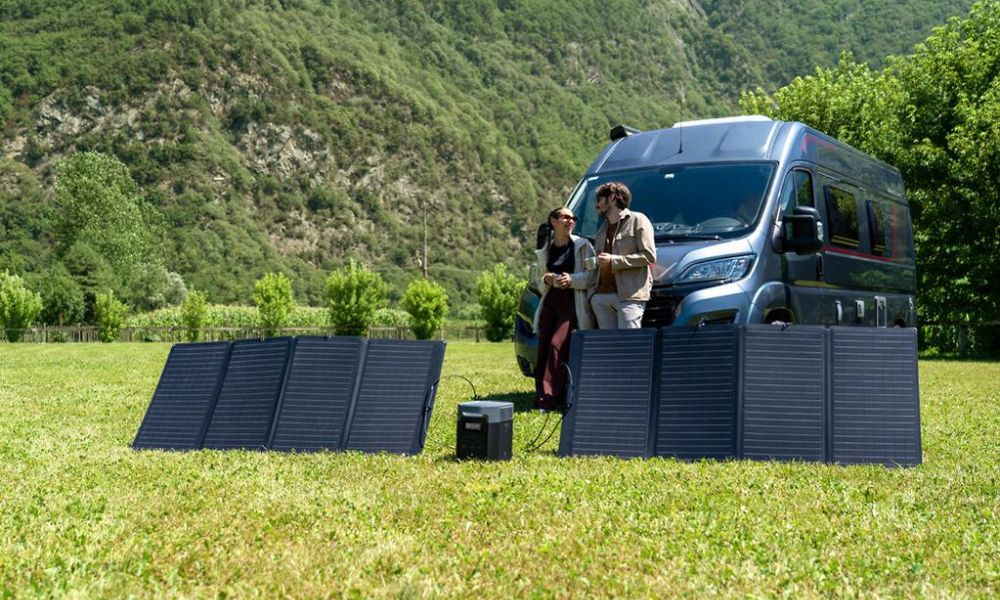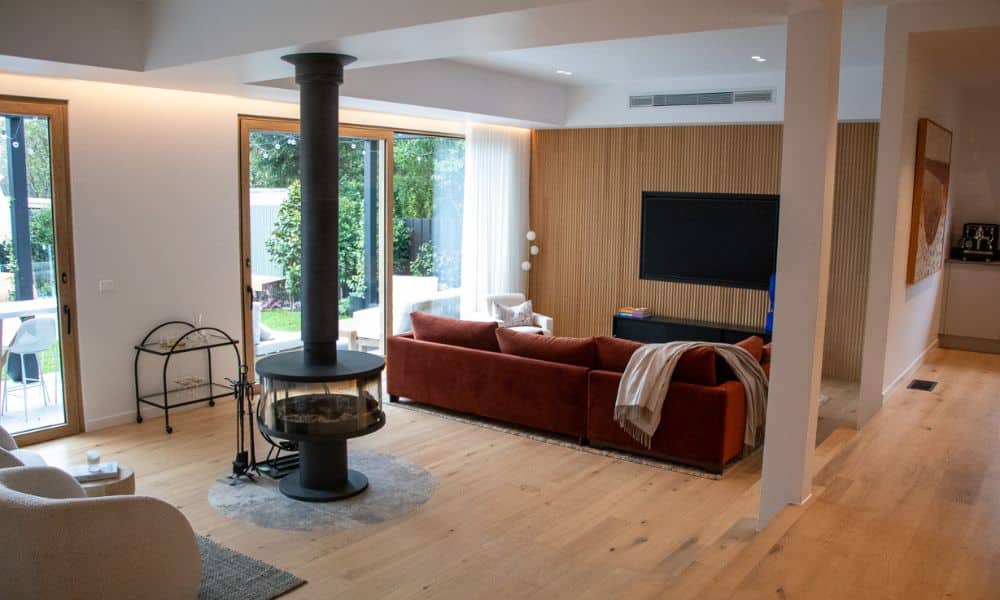There are many applications where regular panels are not going to be practical. You cannot bend or mould these into shape, and they are also quite heavy.
PV systems include solutions that have been designed to be permanent fixtures on your roof. But there are lightweight, ultra-thin options that are far more portable and flexible on the market. Are they worth the price tag?
What you need to know about flexible, thin solar panels
These lightweight options are monocrystalline or polycrystalline, which can be sliced down to just a few micrometres. Like everything, the quality depends on the manufacturer. Cheaper options are going to come with problems including:
- Cells that overlap
- Cells that are damaged on arrival
- Inferior technology that is not efficient enough for your needs
- Sharp edges that can cause harm
- Poor seals that invite moisture in which will cause corrosion
In years gone by, you could argue that wafer cell technology was a poor choice because it had low efficiency and reduced power production compared to rigid models. This is no longer the case, and monocrystalline and polycrystalline technologies are capable of the same efficiency and production per day as rooftop models.
You can’t just slap rigid solar panels on things like camper vans, boats or ultra-light vehicles either. Flexible solutions can wrap around these curved surfaces with ease, plus they are easily transported when they are not in use.
The angle doesn’t matter
With rooftop panel installations, the angle of the surface can make a big difference to the amount of power you can produce. You want your panels facing the sun for as many hours as possible, so what happens with flexible models installed on a moving vehicle?
The polymer surface includes transparent, raised dots that can capture the sunlight from different angles. This technology also boosts the solar conversion rate.
Our ultra-thin, flexible panels
For the best technologies at the most affordable prices, you can’t go past these options available through our retail store. Take your pick from:
XINPUGUANG flexible 100W, 12V: You will sacrifice little when it comes to efficiency as these bendable, ultra-thin models have a conversion rate of up to 22 per cent. This is comparable with most reputable rooftop setups, except they are much smaller, lighter and completely portable. These models can be curved up to 30 degrees, making them perfect for mounting on any vehicle or irregular surface.
Renogy extremely flexible 100W, 12V: When you need extra bend and flex, these will give you arcs of up to 248 degrees, making them suitable for a wide range of applications. The advanced polymer materials mean they weigh 70 per cent less than rooftop models, and they are only 1/10th of an inch thick. While they are extremely thin and light, they are durable and tested under extreme weather loads, so they will not let you down.
Solar energy can slash your electricity bills and help reduce your carbon footprint. Get in touch with us today for a free quote.

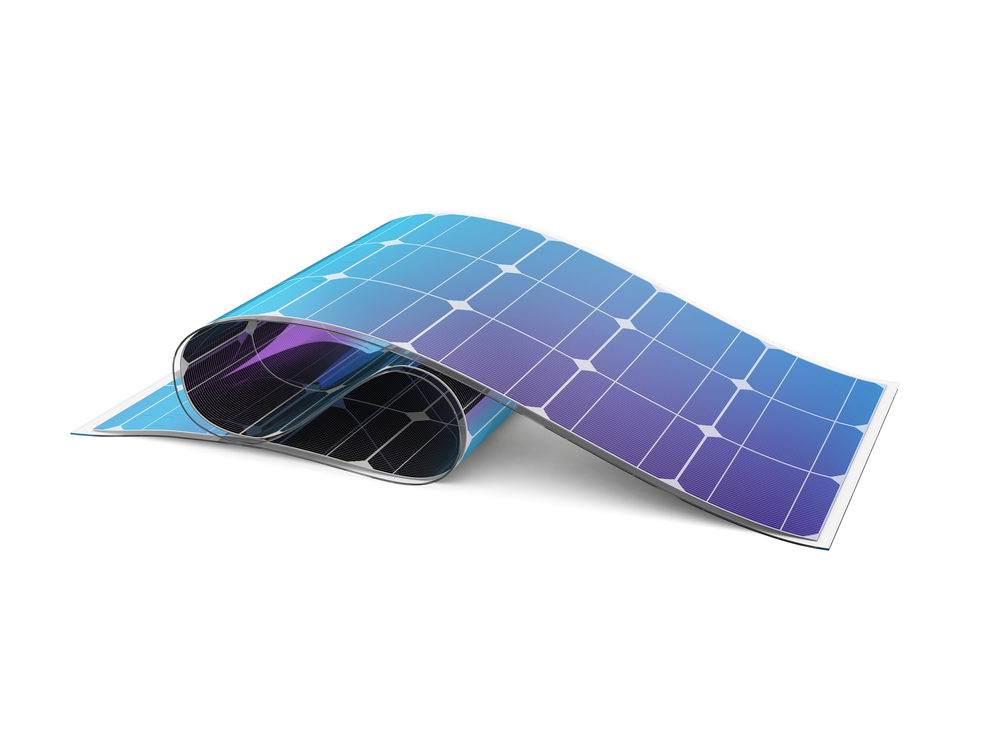
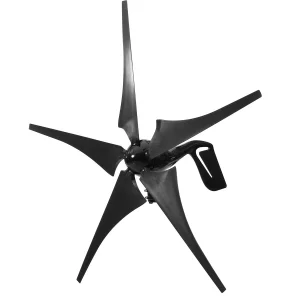 Retail
Retail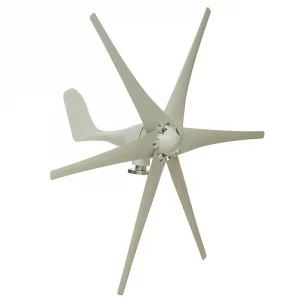 Retail
Retail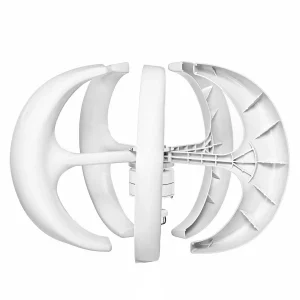 Retail
Retail